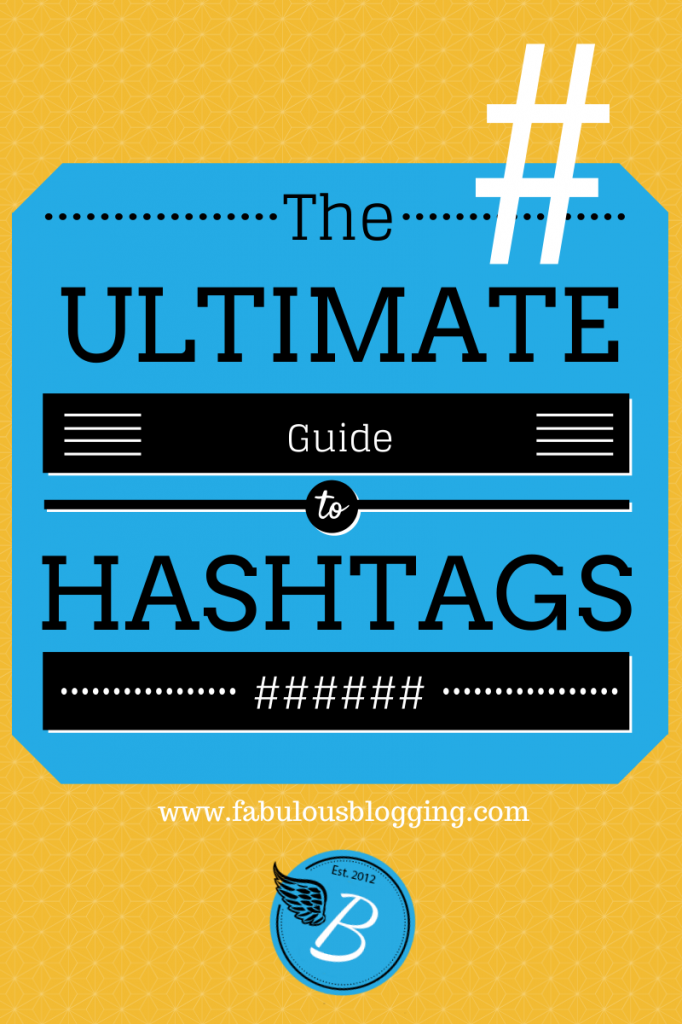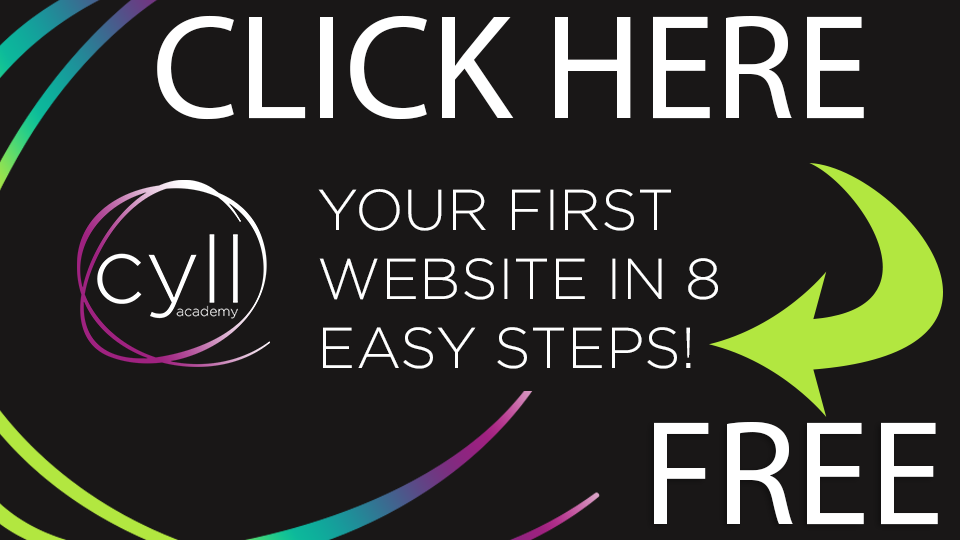 It’s time to pay attention to hashtags if you’ve been ignoring them as some quirky “twitter language”. Hashtags are now on every major social media platform (Facebook, Twitter, Google plus, Pinterest, and Instagram). I’m going to break down the hashtag into normal everyday language in hopes that beginners will be able to see the value in using hashtags.
It’s time to pay attention to hashtags if you’ve been ignoring them as some quirky “twitter language”. Hashtags are now on every major social media platform (Facebook, Twitter, Google plus, Pinterest, and Instagram). I’m going to break down the hashtag into normal everyday language in hopes that beginners will be able to see the value in using hashtags.
What is a hashtag?
It’s a word or words (without spaces) preceded by the pound sign.
What is it for?
In tech-speak, it’s a meta-data tag. In English, that means that it is a way to group conversations. I love kitchen analogies so let’s use it to explain the hashtag. In your kitchen, you have cabinets to organize your tools, dishes, and food. On social media, the hashtag groups various conversations together to make them easier to find (and sorted by topic).
Who makes a hashtag?
Anyone can make a hashtag and anything can be a hashtag! All you have to do is put a pound sign before the word or words you are using. Take note though, a hashtag is really only useful and practical when a lot of people are using it.
What about those strange hashtags I see that make no sense?
You mean #whatIatefordinnerlastnight or some other strange phrase smushed together? Some people use hashtags almost like punctuation. They aren’t really using it to sort conversations, they are just being fun and snarky (or both).
Making use of hashtags
So here’s where they are so much fun. Lots of people use similar hashtags (i.e. #food, #blogging, #parenting, #wordpress, #photography, #humor, #TGIF, etc. etc.). With a common hashtag, you can search on any social media platform and find EVERYONE who is talking with that hashtag. This blows open your newsfeed/s so that you can interact and engage with people you aren’t yet following.
Why is that important?
Because then you can use hashtags to find people to follow!
Common hashtag uses
TV Shows: Have you ever seen a hashtag flash on the screen of your favorite TV show? That’s because they want you to say something on social media and add that #hashtag. Then, the producers (and other fans) can find your comments by simply searching for the hashtag in the search bar.
Conferences: BlogHer is a popular blogging conference and uses the hashtag #blogher14 to help keep track of all the chatter. This is considered the Offical hashtag of the conference and when you go on Twitter, you can search the hashtag and find everyone talking about it at any given time.
Twitter parties: Groups of people agree to get online at a certain time to discuss a topic. Brands do this too for advertising. Before the party starts, the website or person hosting lets everyone know what the hashtag is. Then, you use the hashtag every time you tweet during the party and it helps people find all the chatter on that topic.
Trending hashtags
Sometimes, a hashtag will trend simply because of a hot event or topic. Some examples might be if there is an #earthquake, or if a famous actor has died, etc. Elections, wars, and other newsworthy events can have trending hashtags because organically, people are talking about it online. If there is a newsworthy event, you can see on each platform what is trending and follow that stream of conversation.
Do hashtags cross over on various platforms?
No, they do not. This means that hashtags are particular to whatever platform you are on. So even if the #Bachelorfinale is trending on both Facebook and Twitter, you’d have to search separately on each platform to follow the conversations.
Hashtags make you more “findable”
If you are talking online and there is a relevant hashtag, use it. It makes it more likely that people will find you who are searching for the same topic.
Don’t use too many
It’s annoying and useless. Pick one or two that are relevant and add them to the end of the comment (or if you can, work them right into your sentence).
Find people to follow using the hashtag
Rather than blindly following people you don’t know, use the hashtag and the search bar of each platform to find people that are talking about the topics that interest you. On Pinterest for example, I would search for #socialmedia and then follow the people that are pinning the most captivating content. You see why it’s important to add a relevant hashtag to your pins? People like me will find and follow you because of it.
Hashtags are keywords and vice versa
A lot of platforms will pull up keyword results even if you aren’t using the hashtag. For example, #tacobell and Taco Bell on Twitter usually result in similar results. That said, using a hashtag (if relevant) is better because people know you are wanting to talk about that particular topic.
Official hashtags
You know how when the Internet exploded, people quickly bought up URL’s to sell at exorbitant prices? This hasn’t happened with the hashtag yet, but there are “official hashtags”. This means that a brand or business claims it as their own and sets rules about its use. For example, during #blogher13, you couldn’t use that hashtag to promote a sponsor that wasn’t funded by the conference. If you did, you were kicked out. Let this be a lesson in the importance of hashtags — they can’t be ignored. People are using them more than ever.
Looking for trending hashtags
- On the Twitter homepage, the trending hashtags will be on the left. You can change the location to see what’s trending by state, country, or the world.
- On Google plus, simply click on the Explore tab on the landing page and you can see what’s hot. Click on a hashtag to explore.
- On Pinterest, it isn’t quite as intuitive. On the homescreen, click on the button to the left of the search, and click on popular. You’ll see what pins are getting a lot of activity.
- On Facebook, the homepage should have the trending hashtags in the top right corner.
- On Instagram, you need to hit the discover tab to see what people are taking pictures of.
Create your own unique hashtag
A lot of bloggers want a unique way to identify the conversations on social media that are related to their blog, website, or brand. A great example of this is Mia Voss on Google plus. She hosts a popular weekly hangout and uses the hashtag #batcrapcrazy. This normally would be considered an odd (and not very useful) hashtag in everyday discussion, but with enough momentum and exposure, it can become an identifier for the conversations involving you and your brand.
If you’d like to talk to me on social media about this topic, find me on Twitter and use the hashtag #hashtagnewbie. I’ll know you are wanting to discuss this post!
